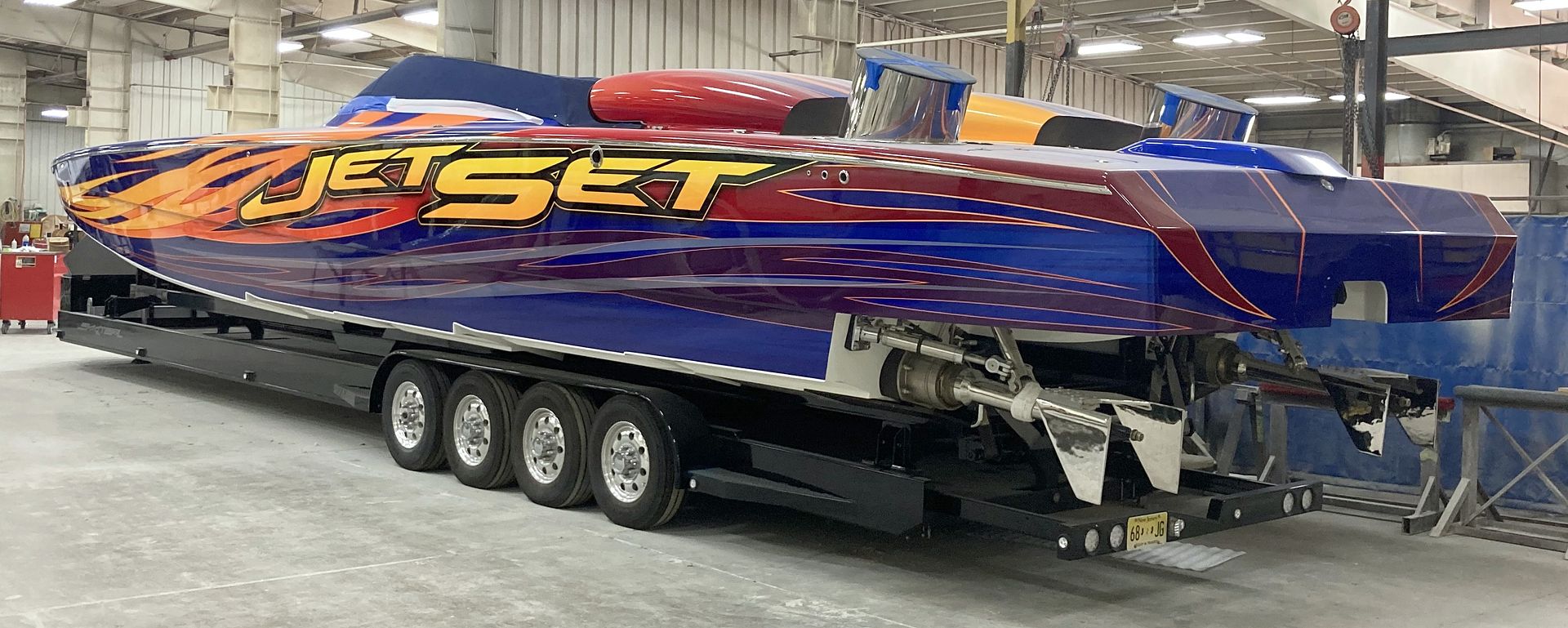Perlmudder
New member
So what is the difference between the type of fuel run in an airplane and the type of fuel run in a turbine cat? Aren't the turbines pretty similar? Does a plane run "jet" fuel while a turbine cat runs diesel fuel or regular gasoline?
Sort of confused about this whole thing...
Sort of confused about this whole thing...
